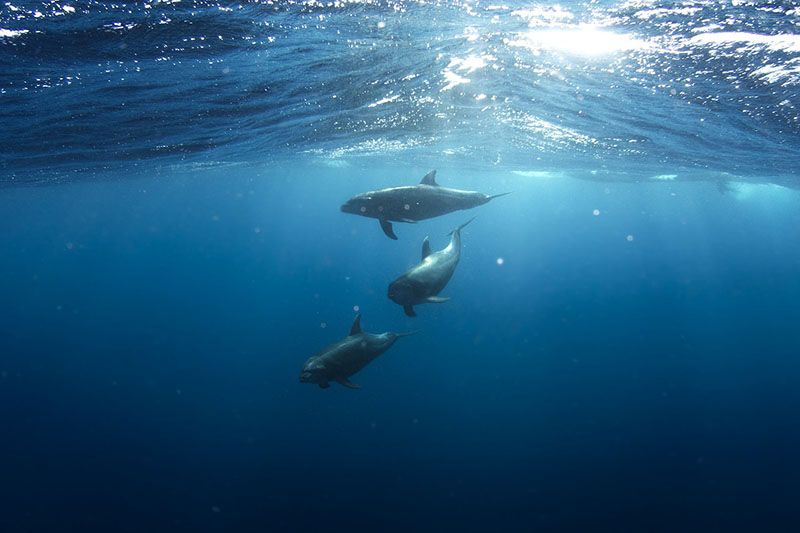Why is New Zealand not leading the world in sustainable living and sustainable business practices? Why is New Zealand not leading the world in the transition to the circular economy? Why does New Zealand rank last in the OECD for the amount of waste we throw in landfills per person every year? Why are New Zealand’s greenhouse gas emissions increasing?
Why aren’t we 100% Pure? It makes no sense to me.
We are literally dirtying our own nest, biting the hand that feeds us, killing the goose that lays the golden egg. Why?
Our biggest export market is tourism. Tourists come from far and wide and spend millions to experience New Zealand’s beauty and “purity”. They come to see our unique wildlife, walk our great walks, swim at our beaches and fish in our rivers.
Yet 71 of our bird species are ‘threatened’, with a further 107 ‘at risk’, 21 of our freshwater fish species are ‘threatened’ with 19 species ‘at risk’, and the World Wildlife Fund estimates there are now only 55 Maui dolphins left. Just 55 left. What is going on New Zealand?
Further to the killing off our native species we are turning our waterways (both urban and rural) into drain pipes. Contaminating them and sucking them dry. Hardly the “pure” water I’d be paying big bucks to travel and experience.
So why aren’t we doing everything we possibly can to restore and protect our environment, to strengthen our clean green brand, and to guarantee that it stays for future generations?
At the moment, we are doing quite the opposite.
A consent has just recently been given to mine ironsand in a known whale habitat off the coast of Taranaki. There are plans for open cast coal mining on the West Coast, gold mining in the coromandel, and an application to undertake one of the largest-ever offshore 3D seismic surveys off the Taranaki coast has just been lodged with the New Zealand Government.
More coal, more oil. The stupidity of this is mind-numbing. These catastrophic weather events we just saw in the Caribbean and the USA, are due to rising global temperatures caused by taking carbon out of the ground in the form of oil, coal, and gas and releasing it into the atmosphere.
It’s basic science.
I am sick and tired of the same reasons that get wheeled out for these archaic projects. “This mine will create jobs.” “With the price of oil rising this will bring economic benefit to the local area.”
Sure it might bring a few jobs to a region and have a short-term impact on that economy but what is the true cost? How much economic value is being lost from destroying that environment? And how much is climate change going to cost that region?
Of course there’s a pretty simple answer as to why there are vested interests in finding more oil, coal, gold or sand iron – money. Under the current linear, neoliberal, economic model that we follow, those big mining and oil companies need to keep making a profit, and to keep growing.
Shareholders expect a positive return on their investment, and if they don’t get it, goodbye CEO.
A destructive obsession with economic growth all while living in a finite world.
Is it our political system?
How have we had governments in power who systematically destroy the environment with their ideology of growing the economy based on neoliberal policies? How is it that we have individuals with – what is glaringly obvious – not an ounce of understanding of the carbon cycle or the workings of our natural ecosystems running the country? How are they allowed into such crucial positions? Shouldn’t they have to have a PhD in Environmental Science?
Or is it our education system?
How many New Zealanders could explain the carbon cycle versus how many could explain Gross Domestic Product? Do we need to make the sciences compulsory in every year at school? Do we need more individuals with Environmental PhDs?
Or is it actually our culture?
Underneath it all are we a society that takes the natural beauty of Aotearoa completely for granted, not caring how we leave this place for future generations? As long as the All Blacks win, the Black Caps beat Australia at least once a year, we have a “strong and stable government”, there is beer to drink, meat to eat, flat screen TVs on our walls and pink Himalayan salt in our kitchens, we don’t care about the rest.
Is it un-Kiwi to care for the natural environment? Is it un-Kiwi to speak up about our disgraceful waste issues and our endangered dolphins? Is it un-Kiwi to be a “greenie”, a “tree-hugger”, a “hippie”?
Because if we know how destructive and unsustainable the current neoliberal model is, then why aren’t we the country leading the world in changing it? Why aren’t we having conversations about alternative models? Why aren’t we the country leading the way on renewable energy, sustainable farming, environmental restoration and species protection?
Why not face the hard truths? Why not run national campaigns to educate New Zealanders (maybe starting with our politicians and media) on the laws of nature and how to support and restore ecosystems? Why not become a country that uses 100 percent renewable energy? Why not become a country with the biggest dolphin populations, whale populations, native birds, eels, and frog populations?
Because who is really benefitting from the status quo? Whatever your answers, one fact remains – we all have to change.
We all have to change because quite simply how we are currently trading, consuming, doing business, and living simply isn’t sustainable.
But it’s not just us, the entire global population faces these changes. And although change is a challenge, change is also opportunity.
There is a growing international market for sustainably produced products, for compostable packaging, for solar powered products, for green technologies, and organic produce. In the 17th Annual Global CEO Survey by PWC, “46 percent of CEOs agree resource scarcity and the climate change mega-trend will transform their business”, while the Better Business, Better World report by The Business and Sustainable Development Commission shows how “pursuing the Global Goals could raise trillions in new market opportunities in ways that extend prosperity to all”.
I absolutely believe New Zealand can lead the world in this change. We can become a role model to the rest of the world all the while strengthening the resilience of our economy, the health of our environment and the health of our society. We can be to sustainable business and sustainable living what Italy is to fashion, France is to wine or Germany is to engineering.
To make it happen we all need a massive shift of thinking, interacting, consuming and culture. We all need to question everything and we all need to have the hard conversations. Tell your friends to stop using plastic bags, ask your local supermarket what they are doing to end food waste, buy from businesses who are leading the change.
We are seeing change. Not at all fast enough or on a big enough scale, to satisfy me, but it is happening.
Countdown just announced they would finally ban all single-use plastic bags; last year the Environment Minister announced a ban on microbeads; and Auckland Council recently announced they are finally rolling out residential organic waste collections. A 2015 study by Colmar Brunton, called the Better Futures Report, showed that 31 percent of New Zealanders will “choose sustainable” more often in the next year, 64 percent will pay a bit more for sustainable products and 74 percent want to work for a company that is socially and environmentally responsible. ”
We are a beautiful, peaceful, rich country with a proud history who regularly punch above our weight. And we are so close to the tipping point of real positive change. A change to sustainable living, sustainable business, and a zero waste circular economy.
But we need you. We need you to learn, we need you to educate, and we need you to stop being a part of the problems and instead to be part of the solutions.

